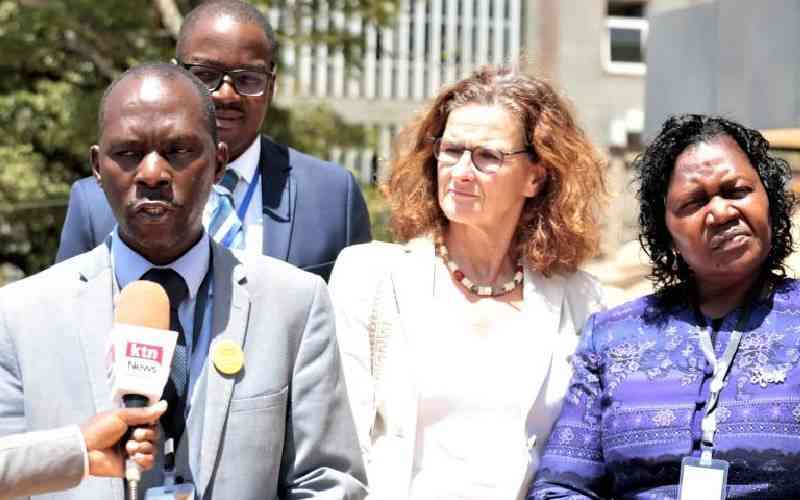×
The Standard e-Paper
Fearless, Trusted News

Universities in the region have been challenged to collaborate with each other to cost-effectively achieve their objectives.
Prof Marcus Hoppe of Germany's Leibniz University Hannover said establishing partnerships with their counterparts overseas may prove difficult for a majority of them.